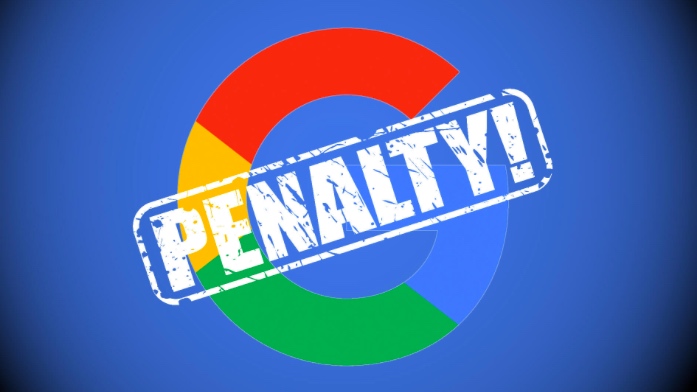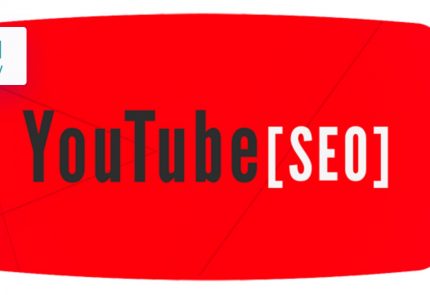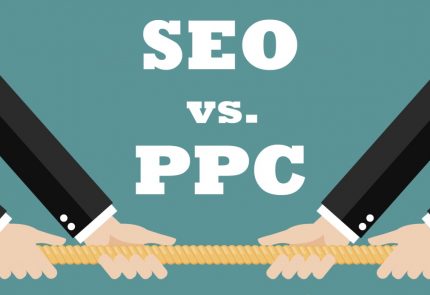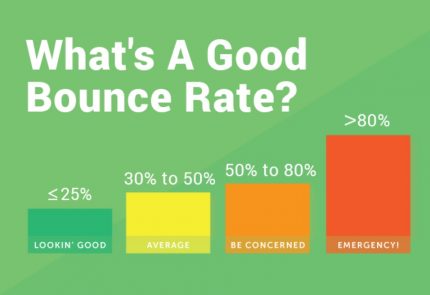Updated by Steven Walberg on 25th May 2020
Google is on the warpath and is out there crawling the web for websites that deliver a poor user experience, are weak on content, have little or no value to the end user and are graphically flawed. Google, as we all know is constantly tweaking and refining it’s algorithm to deliver top quality content so that it’s clients (that’s you and me) have the very best results when searching.
Far too often businesses will try to get their websites higher up the search results by being non compliant and the downside to this for these businesses is a Google penalty. It’s fair enough. After all, why should Google display pages that don’t give us the correct data. Hence, and rightly so, they get penalised.
Sometimes these penalties are well over due for these spammy sites. If you know your trying to SEO the hell out of your site and manipulate the rankings then probably your website is going to cop a penalty. So, I thought that I would list 10 tell tale signs that your likely to be on Google’s radar and are next in line for a penalty.
Also read: The Complete List of Google Penalties & How to Recover
What is a Google penalty?
Google has an algorithm that is forever crawling the web and ranking sites based on their authority. This authority is made up of many building blocks and is basically a well kept secret. Essentially, at the end of the day you have to play by Googles rules and strict algorithmic ranking requirements if your website is to remain compliant and avoid a penalty. If you site is deemed not to be playing by the rules, like any other game, there are consequences and in this case it’s a Google penalty.
What does the Google penalty look like?
What happens, here is that the particular page on your website which is in violation of the rules gets either de-indexed, so that it no longer appears in the search results or it simply drops from wherever it was down about 10 pages. This happens all the time and is common among businesses that are trying far too hard to push their rankings inorganically.
Related article: What is a Google Penalty and How Long Does it Last?
Best way to check if your site has been penalised by Google
To check if you have received a Google penalty all you need to do is type your brand name in the search and see if it appears in the results. If nothing shows up, where previously it had, then you have more than likely received a penalty. This is really the best litmus test as you should be ranking for your business name.
Why has Google penalised my Website?
Google will never give away it’s trade secrets but following are my top 10 reasons why your site could have been penalised.
1. Dodgy backlinks
Easy enough to do and the sale of supposed high value links online is rampant. What ever you do, never engage with link vendors who claim that buying links from them will elevate your rankings. Google is all over this and will pick up on this type of activity immediately. Do this at your own peril, but you have been warned.
2. Plagiarism
That is, copying content from someone else’s site and passing it off as your own. Google wants your website to tell the readers something new and if you have ripped copy off another site it’s in violation of one of their main rules. If you are guilty of this delete or amend those pages you have copied. If you have taken information from another sites as a reference you have to make mention of this.
3. Slow loading websites
Heavy images and outdated software can make sites extremely large and deliver a really bad user experience. If your site is not quick to load then don’t expect Google to rank it. There are programs out there that can reduce image size and load times. Use them and then test your site constantly so that it’s loading quickly.
4. H1 tags
These are the bold text you use as headings to tell Google what the page subject is about. If you structure the content of your page correctly there should only be 1 x H1 tag. Over use of this can seem as though your trying to push keywords and you are not only appearing inorganic but the web page will look odd. Not a good experience for the user and hence a penalty for that particular page. Remember, Google wants their readers to view informative, well structured copy. So to avoid any type of penalty you need to abide by this.
5. Exact match domains
This is a relatively new penalty but well overdue. Let’s say you are trying to optimise a keyword that is the same as your domain name and you do this repeatedly then you will receive a penalty. As an example, let’s say your domain name is ‘rubbishremovalsysney.com.au’ and your trying to optimise the keyword ‘rubbish removals sydney’ this could be an issue. In the past this was a popular way to pass rank. All you needed to do was register a domain name with the keywords you wanted to rank for and use these keywords as anchor text. You can forget about doing this now as it will result in a penalty.
6. Black Hat SEO
I could go on about this forever but far too many businesses will engage SEO companies purely based on the cheapest price. These SEO agencies will engage in black hat SEO strategies. Watch out for agencies offering cheap SEO packages with unrealistic ranking results. A recipe for an ensuing penalty. Only reputable SEO agencies that you can actually meet in person and do not offer these types of fake promises should be used.
7. Forum participation
Yes you can get on forums and engage with others but don’t use your website as a signature and link back to it. Same goes for comments on blog sites.
8. Landing pages optimisation
This is creating a multitude of single page websites all linking back to your main site. You can do a couple of conversion focused landing pages if your running an Adwords campaign but not for the intent and purpose of any SEO strategy.
9. Have a few outbound links
Google wants to see that you are referencing other similar sites. A few are fine but don’t over do it. It shows that you are happy to direct readers in a natural manner to other sites which if implemented properly is organic. Remember, you are writing for your audience and if you do it in a manner that benefits them you will stay well away from a penalty.
10. Website has been hacked
Google will immediately take it away from the search results till you can shown them that the offending code or malicious script has been removed. Ideally, you should be checking your website daily to see if it’s still indexed. Hacking is really common and you should be updating your site regularly with the latest plug ins, especially if you have a WordPress website that has WooCommerce as a plug in. Hackers are out there 24/7 looking at ways to penetrate your site. Ideally you should have a professional team monitoring your site for any suspicious activity. This is a really important point and should not be taken lightly. You do not want your website penalised by Google and de-indexed just because someone has hacked it.
If you feel as though your site has been penalised by Google and your freaking out, why not give us a call here at SEO Sydney Experts on 02 9360 8514 and we’ll fix this problem asap.




